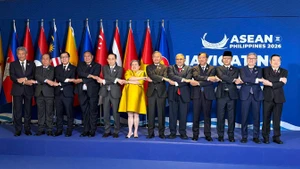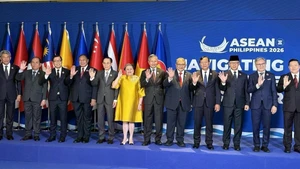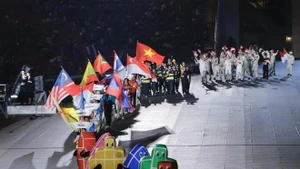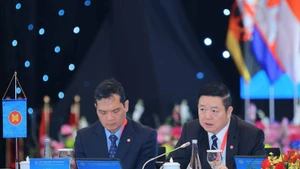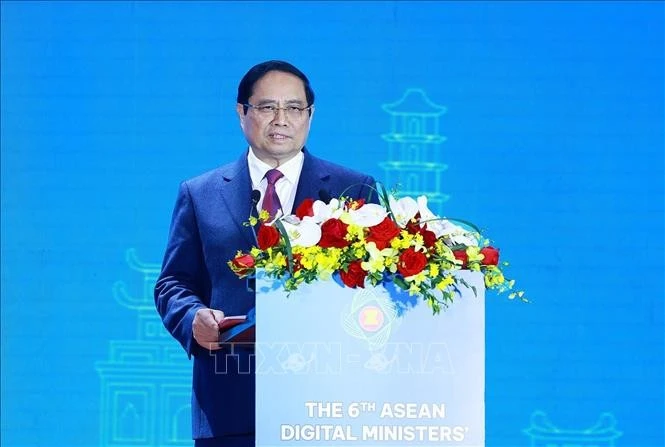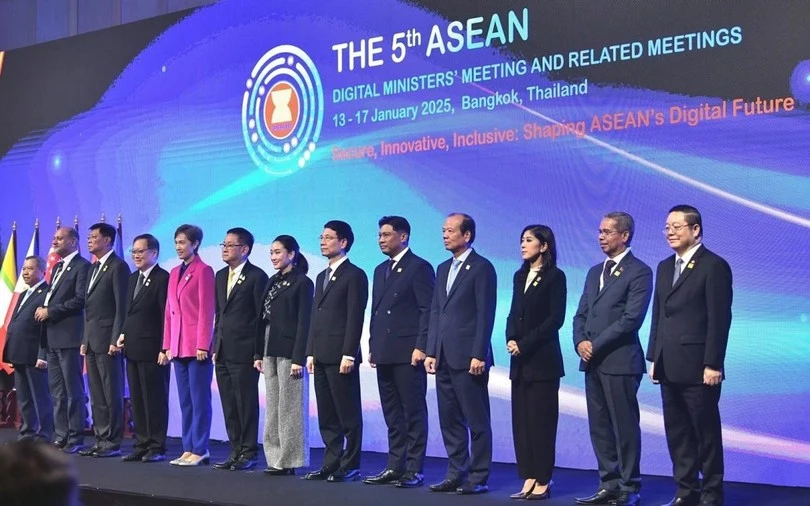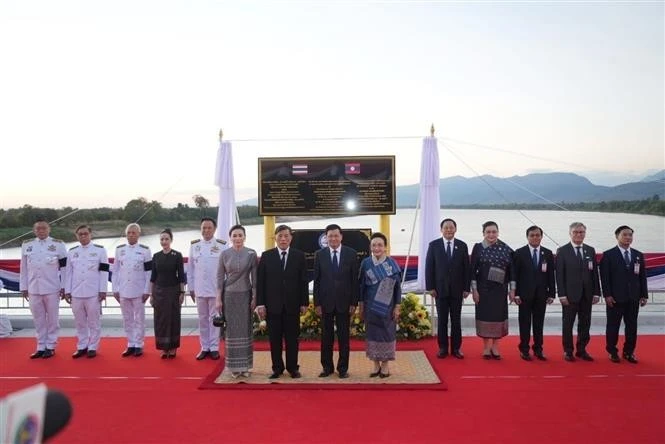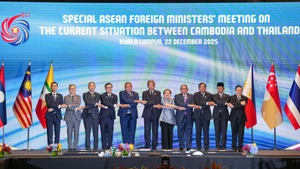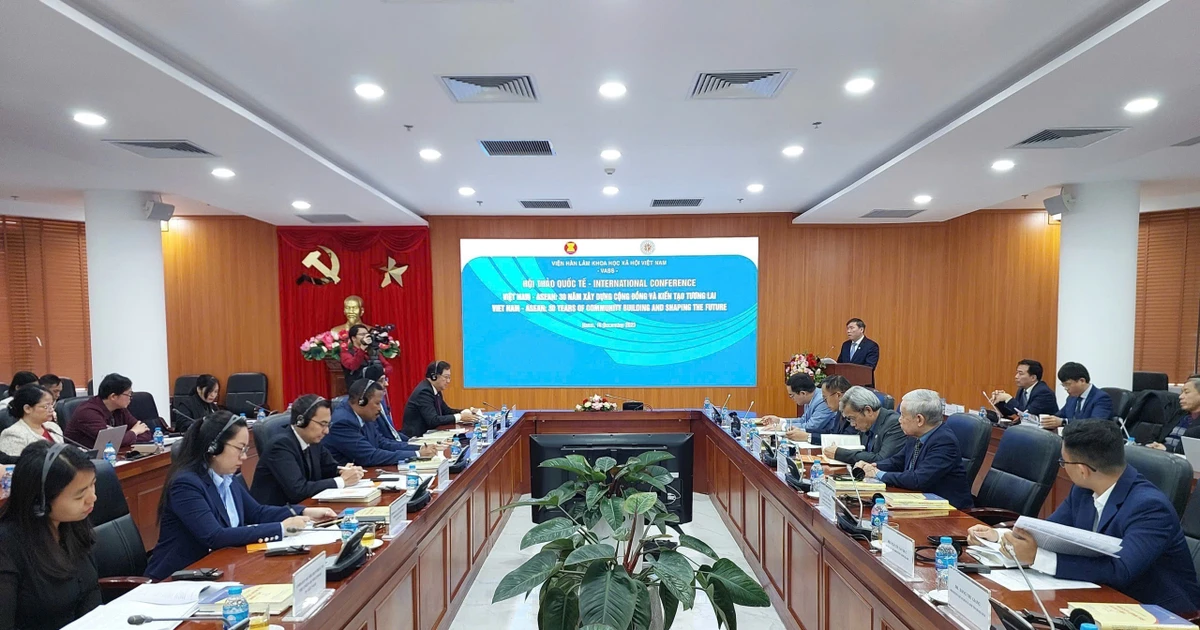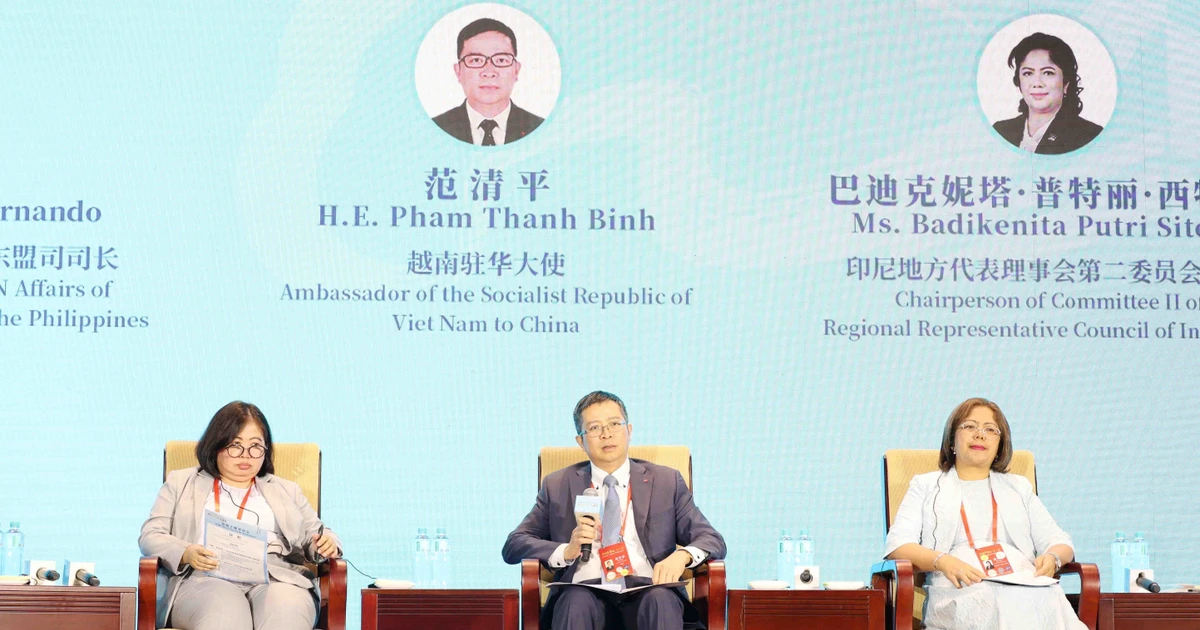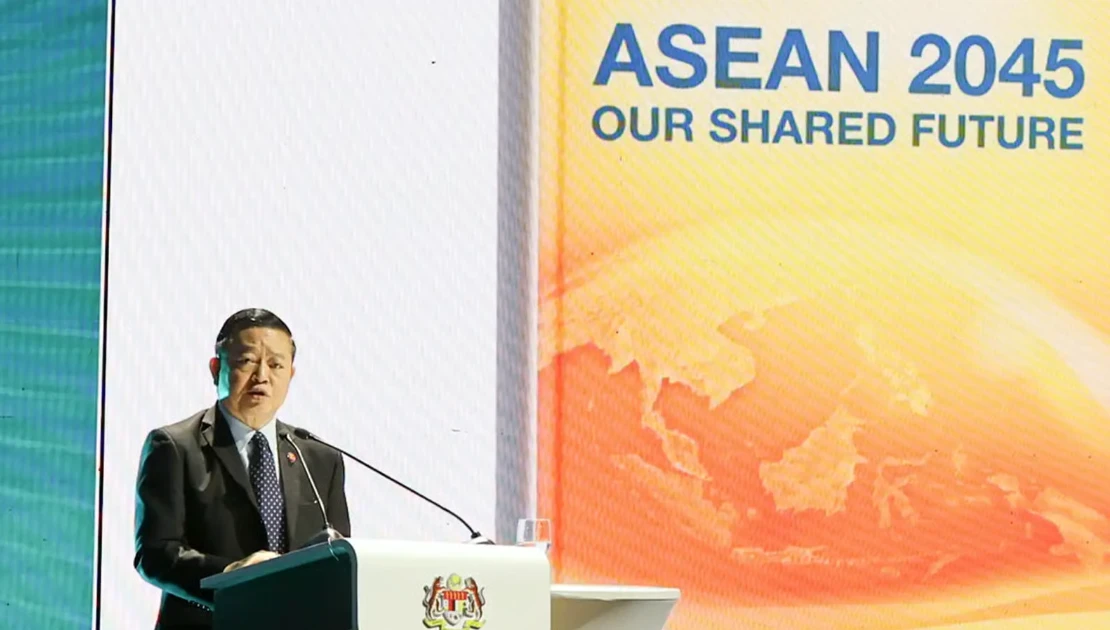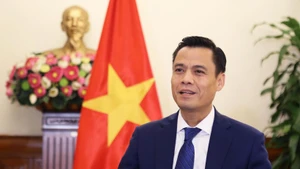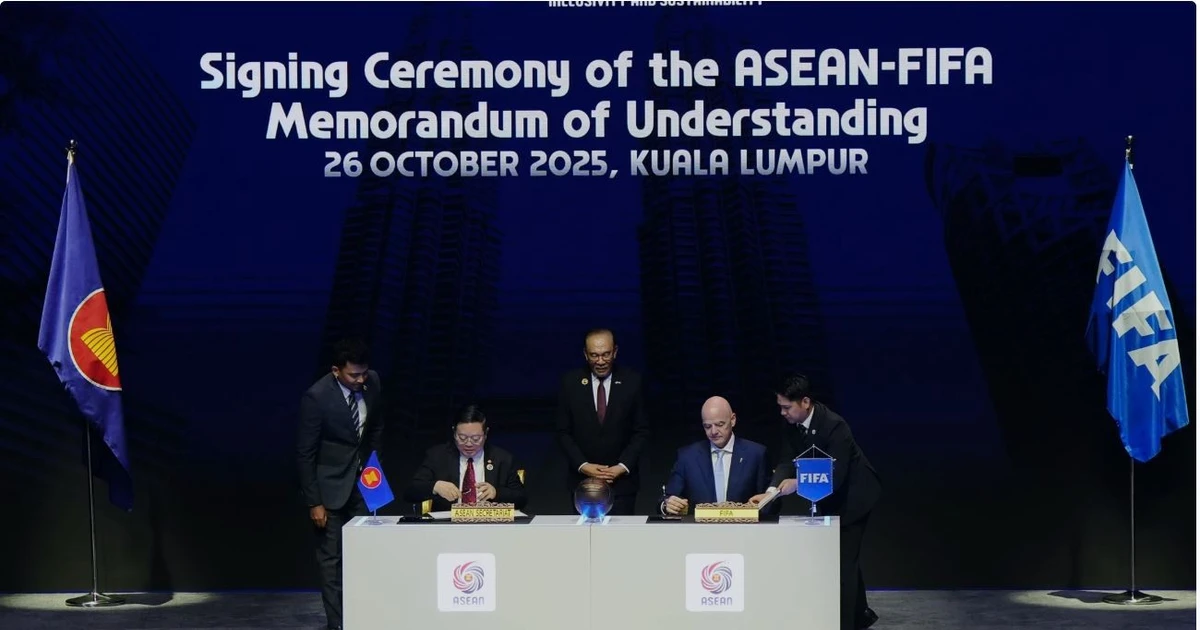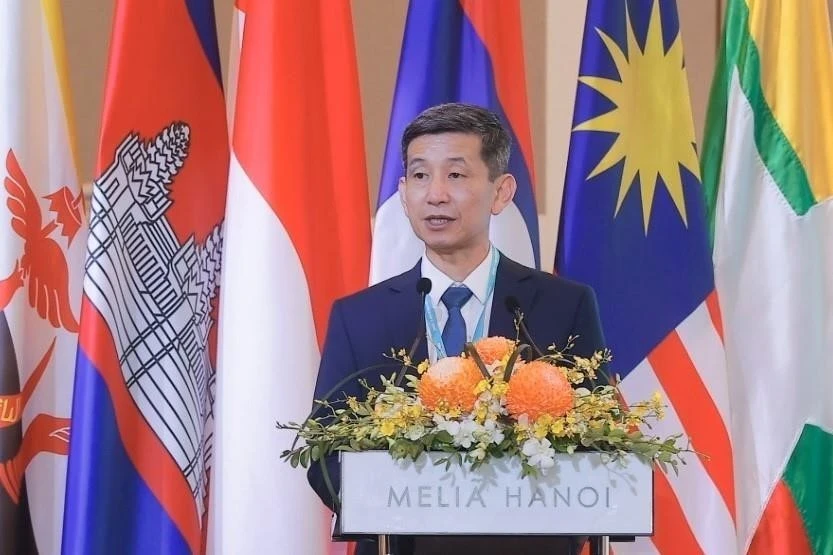Speaking at the opening, head of Vietnam National Administration of Tourism (VNAT), Nguyen Van Tuan, affirmed that ASEAN holds great potential for tourism development. In 2016, the region recorded a record high of 113 million visitors, an increase of 7% compared to 2015.
In 2016 Vietnam welcomed 10 million international visitors, an increase of 26%; in the first six months of 2017, the country has received 6.2 million arrivals, up 30% - an unprecedented growth in the number of international visitors to Vietnam.
The ASEAN cooperation is especially important for tourism in Vietnam. Over the past few years, the ASEAN tourism markets have contributed approximately 15% of the total number of international tourists visiting Vietnam. Various ASEAN countries, such as Malaysia, Thailand and Singapore, are among the top ten source markets, as well as important gateways for international visitors to Vietnam.
However, regional tourism is facing a range of difficulties and challenges related to global climate change and policy-related barriers to tourism development, Tuan said, adding that to maintain the momentum in growth, as well as to further attract tourists to the region, ASEAN national tourism authorities should focus on tourism promotion, improving service quality, further investing in tourism infrastructure and diversifying products, including the introduction of new products with unique experiences, such as adventure tourism and cruise tourism.
In addition ASEAN will cooperate closely with the related agencies to remove any obstacles and create favourable travel conditions for visitors, while improving human resources, standardising tourism occupations, and promoting the shift of tourism labour among member countries.
ASEAN should also tighten its cooperation with dialogue partners such as Japan, China, the Republic of Korea, India and Russia, as well as expanding relations with other countries and international organisations to take full advantage of technical assistance and investment, in order to create motivation for a rapid and sustainable development of ASEAN tourism.
The 46th meeting of ASEAN NTOs, which lasts until July 25, aims at reviewing tourism cooperation activities in the region during the past half year, as well as preparing for the ASEAN Tourism Ministerial Meeting to be held under the ASEAN Tourism Forum (ATF) 2018, scheduled for Chiang Mai, Thailand, from January 22-26 next year.
The event is followed by relevant meetings on July 26 under the tourism cooperation framework of ASEAN+ 3 (China, the Republic of Korea and Japan), ASEAN-China and the ASEAN-India tourism working group.
The above sessions will focus on promoting the basic contents of the directions set out in the ASEAN Tourism Strategic Plan 2016-2025, including developing the ASEAN tourism marketing strategy for 2017-2020, implementing the agreement on the establishment of a regional secretariat for the implementation of the ASEAN Mutual Recognition Arrangement on Tourism Professionals (MRA-TP), and developing new tourism products, as well as encouraging the participation of local communities and the private sector in tourism development.
The ASEAN Tourism Strategic Plan 2016-2025 sets the target of turning ASEAN into a high-quality tourist destination by 2025, offering visitors a diverse and unique experience, whilst developing tourism in a sustainable, responsible, comprehensive and balanced manner and contributing significantly to the regional socio-economic development.
To realise this vision, the strategy sets out two directions, including enhancing the competitiveness of ASEAN tourism as a common destination and guaranteeing sustainable and comprehensive development, while promoting the development of occupational tourism.
Tourism is one of the most important cooperation areas within ASEAN. According to the World Travel and Tourism Council, travel and tourism contributed up to 12.4% of regional GDP in 2015 and ASEAN is the region with the world's highest share of travel and tourism in its economy (above Europe and the Americas).
Vietnam began participating in ASEAN tourism cooperation mechanisms in the late 1990s, after officially joining ASEAN. The country has gradually taken its full and active steps towards the comprehensive integration of ASEAN tourism from the 2000s. To date, Vietnam has fulfilled its commitments to the hospitality sector, hotel booking, food service and international travel business.
In 2009, Vietnam successfully hosted the ATF 2009 and the ASEAN Tourism Ministers’ Meeting – the largest event of ASEAN tourism in the year. In January 2019, Ha Long city, in the northern province of Quang Ninh, will host the ATF 2019.


